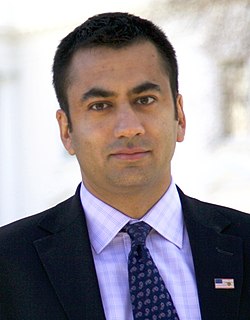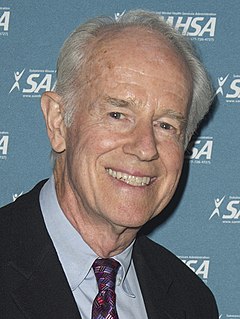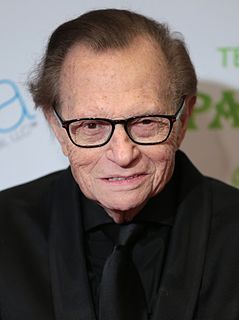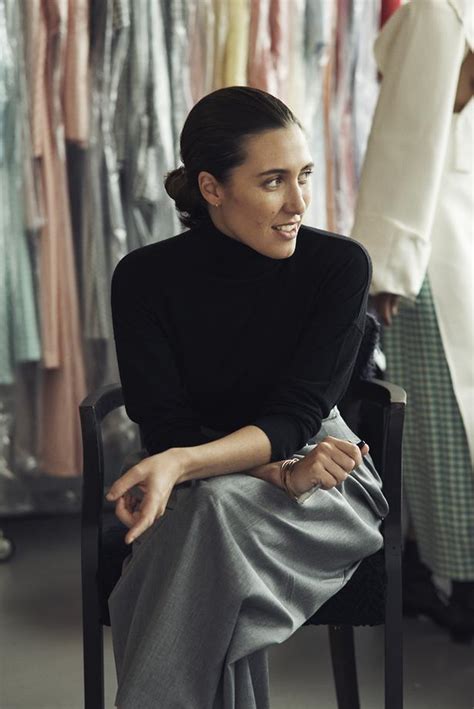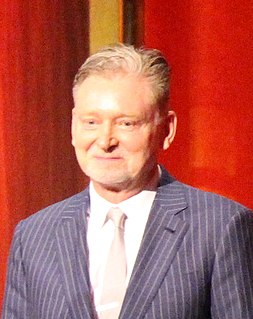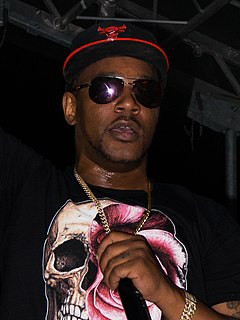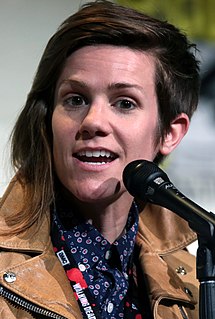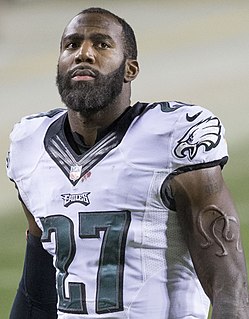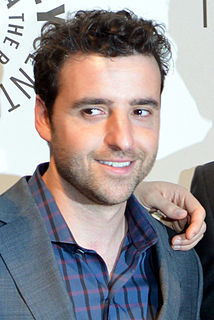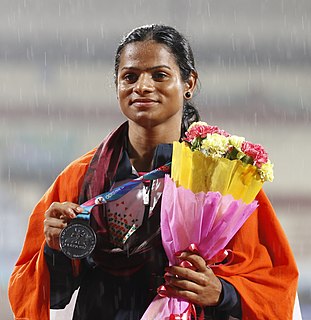A Quote by Kal Penn
The water cooler conversation in every job I've had is sports, it's what did you do this weekend, it's 'How are your parents doing?'
Related Quotes
When my TV show, 'Sports Jobs with Junior Seau,' assigned me to be a 'Sports Illustrated' reporter for a weekend, I didn't realize I'd have to squeeze it in around another sports job. I had planned to retire from the NFL to enjoy the cushy lifestyle of a full-time reality TV star, but I wound up getting run over by a bull.
I have 1.4 million followers on Twitter. I get very interesting, sometimes very diverse input from my followers. So it's sort of like this water cooler, digital water cooler, if you want to think about it, where you go and you listen to conversations that are happening that perhaps will shape your thinking.
If you had a job, and every day you're going back home and telling all your friends how horrible your job is and how horrible your employer is, after a while, they're going to start believing you. And then at some point, they're going to start questioning you and say, 'Why, if it's so bad, are you doing it?'
I don't care if I am doing music: my son comes with me every weekend. If I'm on the West Coast, he'll come fly and be with me. If I'm on the East Coast, I get my son every weekend. It doesn't matter where I'm at - show, no show, whatever. Break or no break. I have my son every summer and every weekend while he's in school.
I was in a conversation and someone said: "You know, we were talking about the whole issue of transgender and how it has become so accepted now, and somebody said, 'You know the Oprah show, I think has had a big impact.'" I said, I don't think so. We did several transgender [shows], but we didn't do as much for transgender as I did for, say, abused kids or battered women. And they said, "But no, you started the conversation. You started the conversation and the conversation has led us to here."
